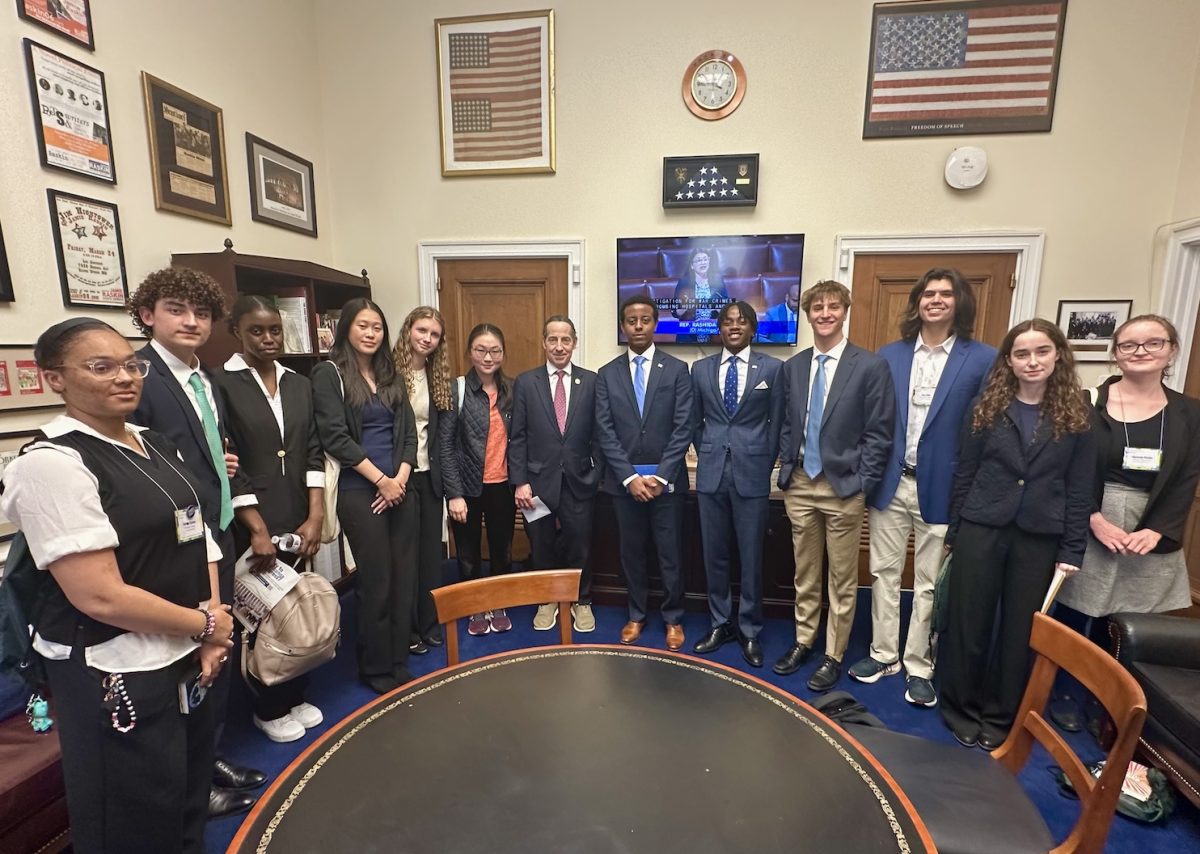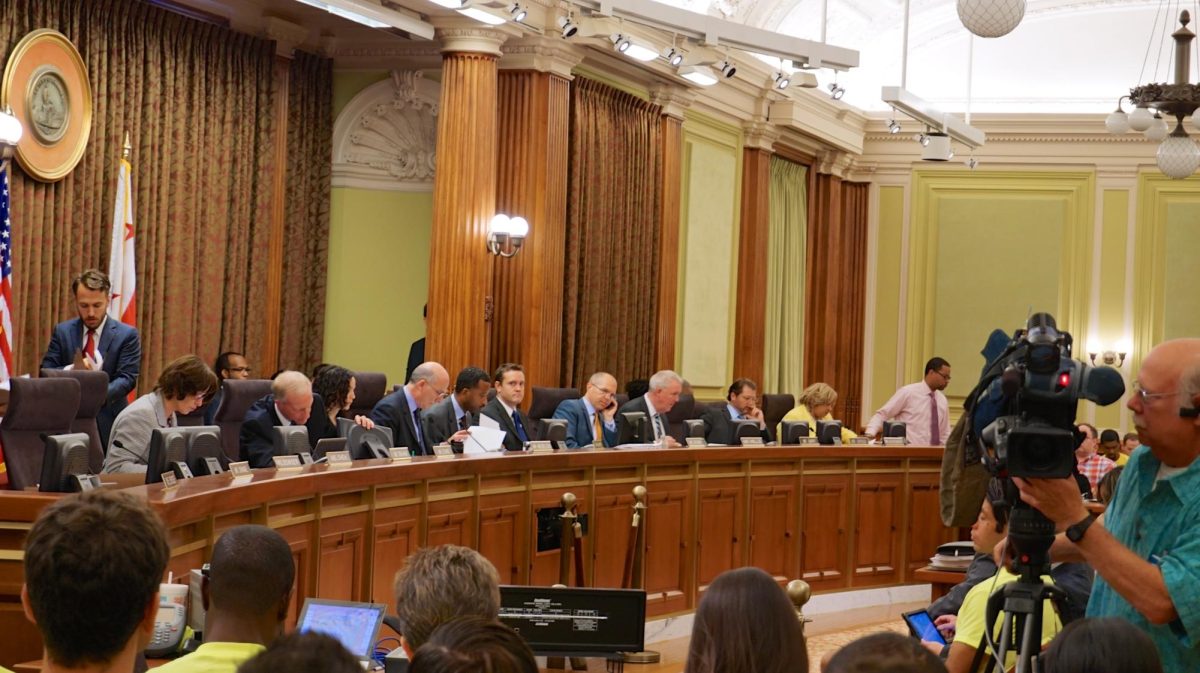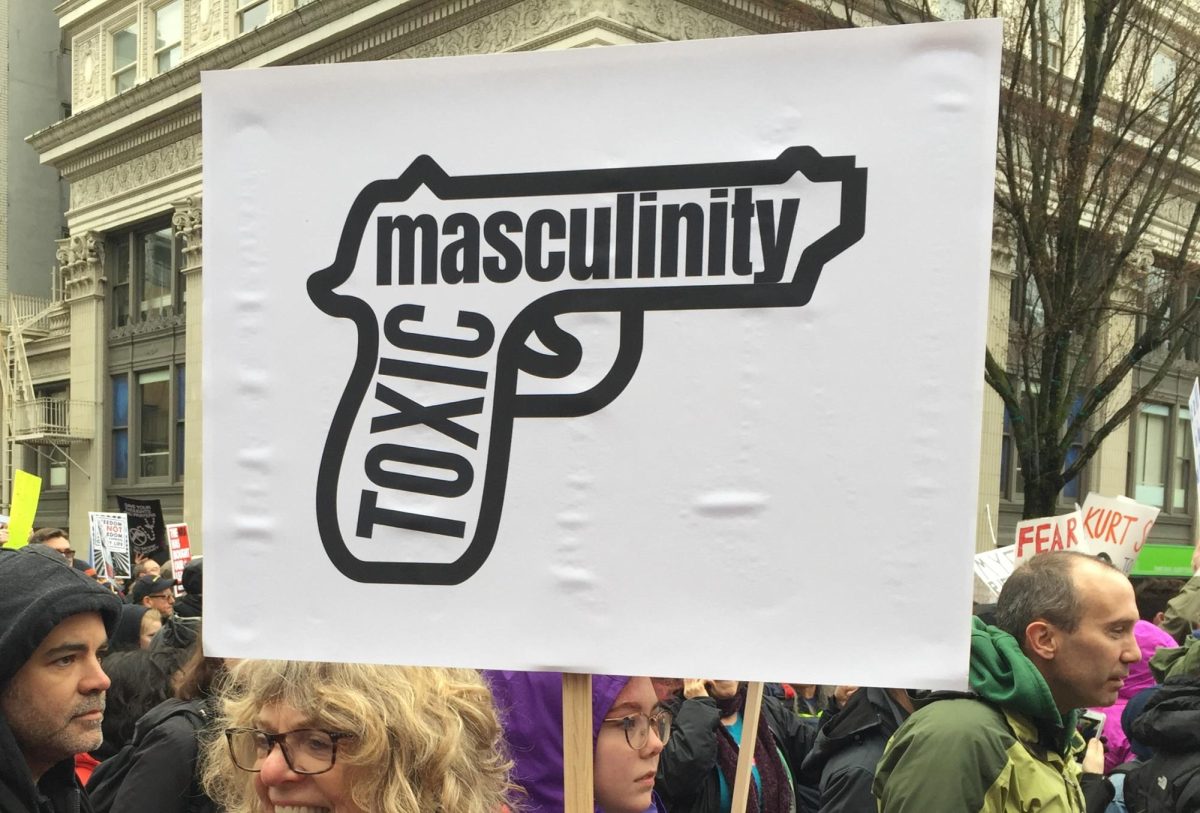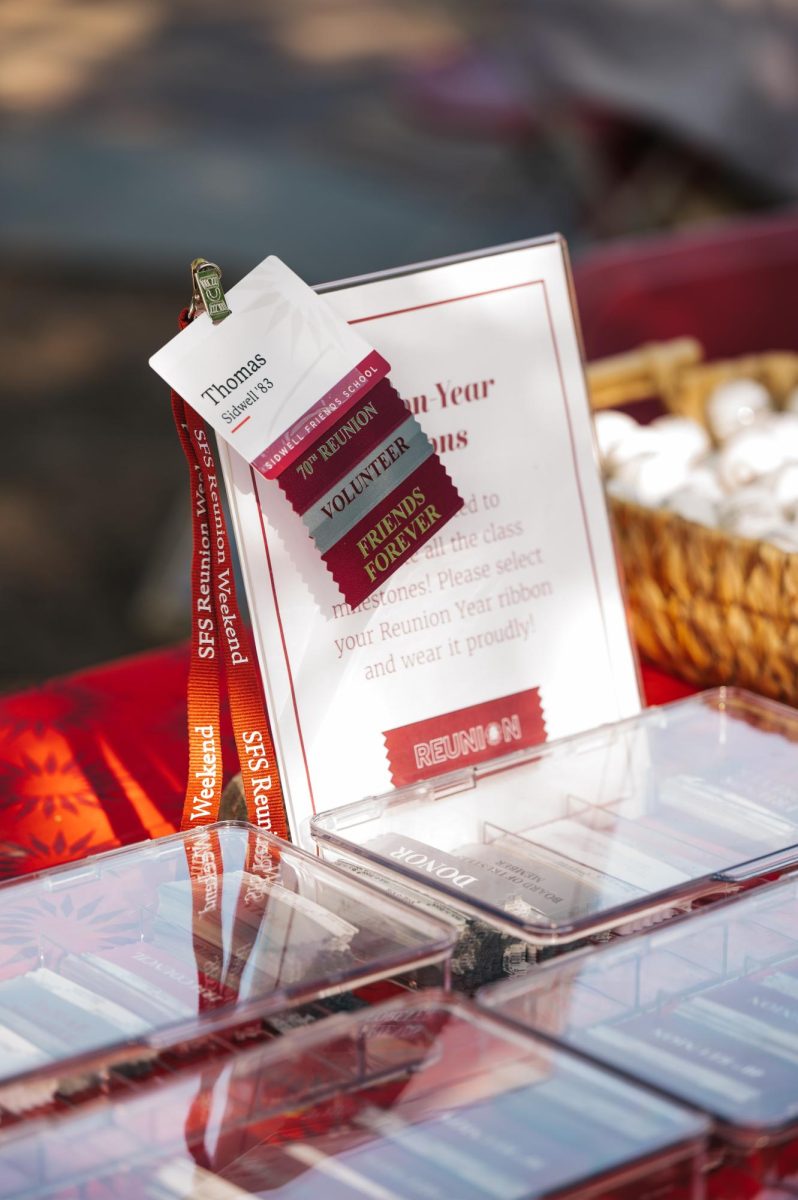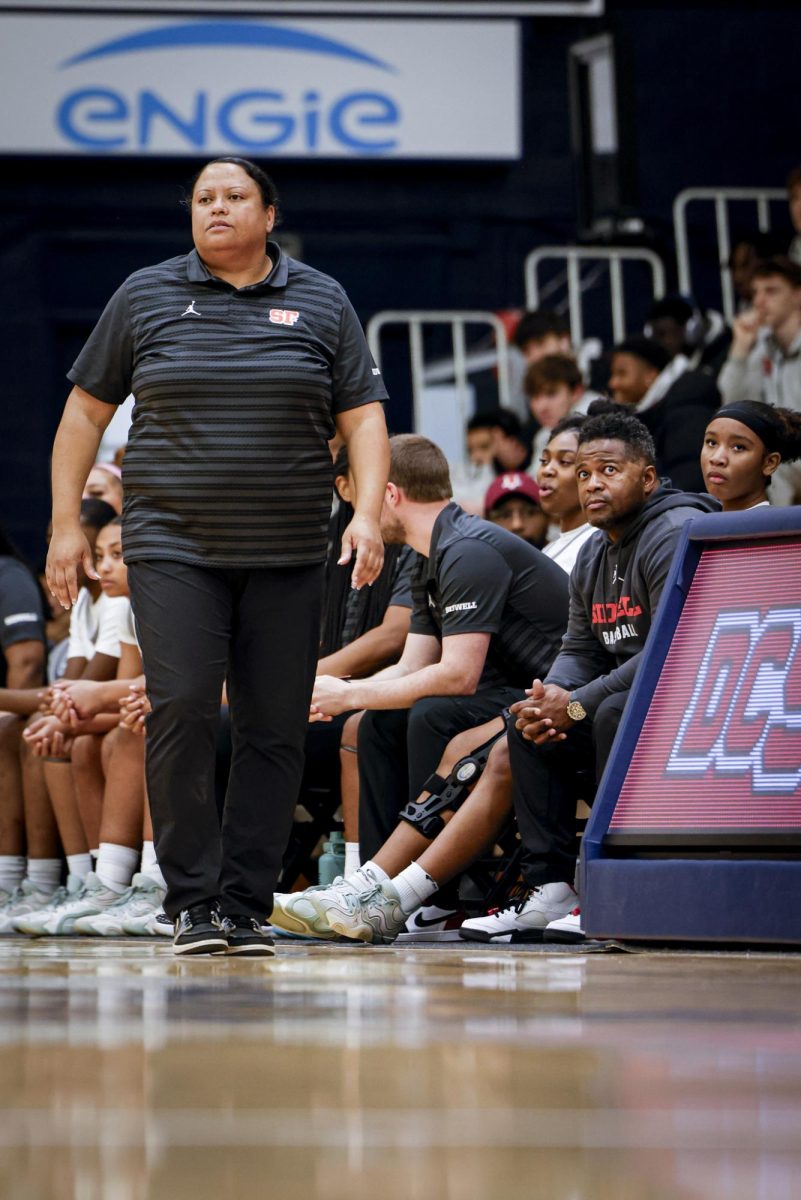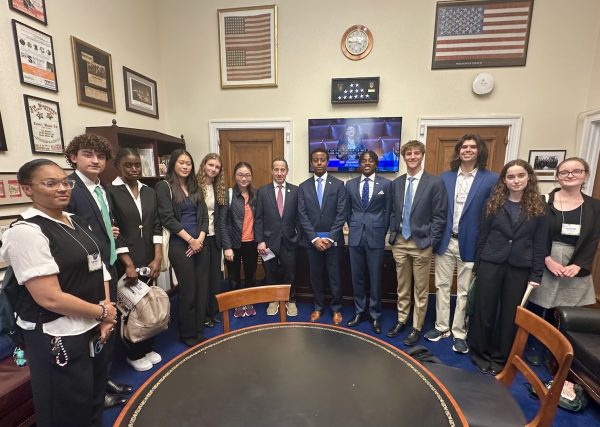Sidwell Students Reflect on Roe v. Wade
On June 26, the Supreme Court made the controversial decision to overturn the historic precedent set by Roe v. Wade. Although some expected the ruling because a draft of the court opinion was leaked earlier in the summer, for many Americans, it was still a shock. While Roe has protected the right to abortion on a federal level since 1973, the legality of abortion will now be determined by individual states.
Sidwell students overwhelmingly oppose the overturn of the historic decision, citing a variety of reasons. Students said that the decision violated rights to bodily autonomy, while also disproportionately hurting people of color, low-income patients and medically underserved populations. Students also mentioned the impact of the ruling on emergency medical procedures for pregnant individuals, as well as how personal biases may have affected the decision and the importance of separating church and state.
However, most students’ concern stems from the danger posed to pregnant individuals by the ruling.“Women will just undergo unsafe abortions instead of the proper procedure in a hospital,” said an anonymous student. “Overturning Roe v. Wade isn’t taking away the option for an abortion for most, but just taking away the safe option,” they added.
Although some Sidwell students support the overturn of Roe, not all of them oppose the right to abortion.
“The constitutional groundwork on which the [1973] decision is based on is very weak,” an anonymous source said in a Google form sent out to the student body. “Although I am a strong pro-choice supporter, I think abortion rights need to be passed as laws,” they added.
Many who support the new ruling believe it will force legislators to pass laws cementing abortion rights.
“If anything, [Roe v. Wade] was an impediment to abortion rights because it gave a false sense of security,” the same source continued. “The battle for abortion rights should’ve been fought in the legislative branch and in states from the beginning, and doing so probably would’ve left us with a much more stable and less controversial framework for abortion access.”
Those who identify as anti-abortion also support the ruling, viewing it as a moral victory.
Junior Kieran Virk believes that “abortion is objectively evil” and hopes that the government invests in improving the foster care and adoption systems.
While most students don’t support the ruling, they also don’t think Roe v. Wade will be reestablished; the number of students who think Roe v. Wade will be reinstated is only marginally greater than those who think it won’t be. Additionally, a few students were not aware that reinstatement was a possibility.
Since the ruling, discussion on the amount of power held by the Supreme Court and its justices has increased. Some believe that the Supreme Court holds a disproportionate amount of power, especially considering its composition.
“These judges aren’t elected, they’re chosen by officials who can lose the popular vote,” junior Charlie Ourlian said. “The court should be larger and significantly more politically diverse,” he added.
Most respondents to the Google form agree with Ourlian and also believe that term limits should be put into place.
“Almost every other governmental position has to be elected and then re-elected each term, or they are appointed per term and then the next president gets to change the staff. The Supreme Court doesn’t do this, and that can make for an unbalanced split.”
Others believe that the Supreme Court and its justices have an appropriate amount of power, as they do not have the power to make laws, only to interpret the Constitution and overturn laws. Many of these students say the Court should not be placed in such a politicized position and that it is instead the responsibility of the legislative branch to pass laws regarding important issues such as abortion access.
Public figures who oppose the decision have been vocal on future steps to protect abortion rights. Former Solicitor General Neal Katyal called on Congress to take action in an interview with journalist Katie Couric, saying, “We have a Democratic majority in the Senate when you consider the Vice President’s vote — and we should use it, this is what it’s for.”
Many Sidwell students agreed with this course of action. They suggested voting for pro-choice candidates, attending protests and contacting state representatives. As for dealing with the immediate impacts of abortion restrictions, respondents proposed making abortion pills more accessible, covering the cost of travel for out-of-state abortion procedures and increasing abortion education.








